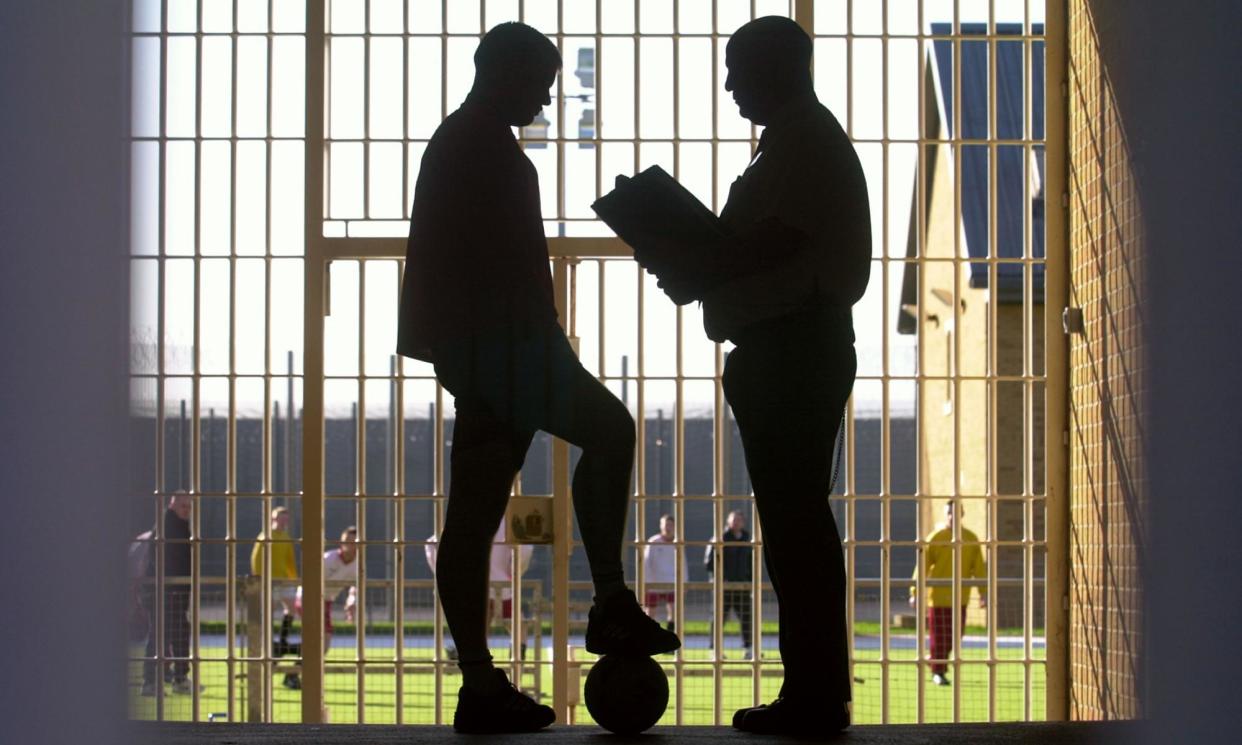Invest in people, not in building more prisons, to cut reoffending

Samira Shackle is correct to say that Labour and the Tories have been ignoring the crisis in the criminal justice system (The prison and court systems are on the verge of collapse. Why aren’t Labour or the Tories talking about it?, 30 June). But her point about the need for major investment in it is debatable. Even when expenditure was high, in the pre-cuts era, the system still experienced regular crises. The cuts have not caused the current crisis, they have intensified it. And even though budgets have been cut, prison expenditure was still over £18bn between 2015 and 2020.
Fundamentally transforming the criminal injustice system should be the goal. Building more prisons has failed in the past, so disinvesting from the current building programme and investing in radical alternatives to prison, operating within a broader system based on social welfare for all, democratic accountability and social justice, is the answer to the crisis, not more of the same failed policies.
Joe Sim
Emeritus professor, Liverpool John Moores University
• Your article is further evidence of the crisis in our prisons (Prison rehabilitation numbers in England and Wales down 74% since 2010, MoJ data shows, 1 July). StandOut was set up in 2018 to address the failure of the prison and probation service to offer support to people preparing to leave prison. In six years, we have supported almost 500 men preparing for release.
We are far from the only charity filling the gaps left by the government. We set out to deliver something relevant and, importantly, timed to support people as they prepare for release, and step through the gate into the community. This is the kind of thing readers will have assumed to be the minimum that the prison and probation service would provide.
The tragedy of this election is that the two main parties lacked the courage to open a sensible debate on the justice system, and so this crisis is likely to continue – at a financial and societal cost to us all.
Penny Parker
CEO and founder, StandOut
• It is both positive and negative that fewer prisoners are doing rehabilitation courses. The courses run by the prison service are mostly untested, so their impact on reoffending has not been assessed. This means prisoners may have been wasting their time or, even worse, doing a course that potentially increased their likelihood of reoffending (as did a course for those convicted of sex offences). It’s a tragedy that the rehabilitation courses have not been properly tested. Prisoners need support to lead a crime-free life. Good courses are part of the answer.
Penelope Gibbs
Director, Transform Justice
• Always absent from debate about the criminal justice system is alternatives to custody. There are numerous options: tagging, unpaid work, GPS monitoring, restorative justice, rehabilitation programmes, alcohol monitoring, drug treatment programmes, mental health treatment requirements and good old-fashioned supervision by a professional. Who coordinates and delivers this in every case? The probation service, for which I work. It’s never mentioned in serious debates, but is ever present at every step post-sentence.
Give it a greater role, and more respect and resources, and the cost savings are clear. Management in the community is possible, and often a more desirable and effective means of dealing with crime.
Name and address supplied
• Have an opinion on anything you’ve read in the Guardian today? Please email us your letter and it will be considered for publication in our letters section.


